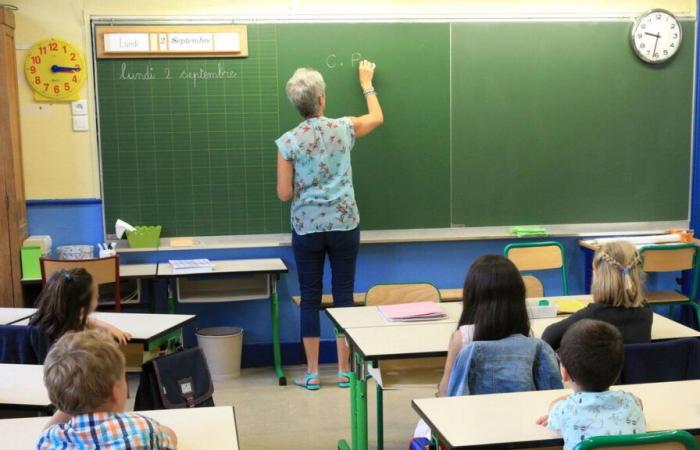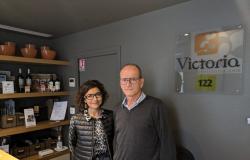Introduce schoolchildren to the notion of consent, talk about sexuality or gender discrimination with older children… The Minister of National Education Élisabeth Borne defended on Thursday the education program for emotional and sexual life which must apply at the next school year.
“This education in emotional, relational life and sexuality is absolutely essential,” she declared on France Inter, while the text is contested by certain conservative fringes. AFP was able to consult the latest version of this project, which will be examined on January 29, and revealed its main axes, from kindergarten to high school.
- In kindergarten, learn respect for privacy
In kindergarten, where children are aged 3 to 6, the program provides for consideration of the body, feelings, emotions and respect for privacy. Before the age of four, it is a question of knowing your body by naming its different parts, of being aware of intimacy, and of learning to “express agreement or refusal”.
Children must also be made aware of equality between girls and boys, by understanding, for example, that an activity or a profession can be chosen by everyone.
From the age of four, the program includes identifying trusted adults and learning to call on them, distinguishing what one can keep to oneself or between children (like a secret) from a secret. situation of danger, or even “to apprehend, understand and respect the different forms of family”.
- Puberty and stereotypes in elementary school
In elementary school (6 to 11 years old) students are presented with more precise scientific knowledge about their body, with vocabulary adapted to their age, and their emotions.
From CM1, they learn to know the main changes in the body during puberty, to identify situations of harassment as well as to understand stereotypes to fight against discrimination. This can result in reading texts to identify gender inequalities in history.
In CM2, children learn to identify and protect themselves from gender-based and sexual violence. The program also provides that they are taught their rights for secure digital use, such as the dangers of the Internet and social networks or the banning of networks for under 13s.
-- Sexuality discussed in college
From middle school onwards, the program addresses sexuality. The aim is to help students “understand and experience calmly” the changes they experience and to “progressively understand” the notion of sexuality “in all of its implications”.
Body changes and respect for others are taught in 6th grade. Sexual orientation and the fact of freely developing one's personality is mainly planned for the 5th grade where students learn to “differentiate between sex, gender, sexual orientation and respect their diversity”.
In 4th grade, sexuality is approached as a “complex reality (…) that can involve pleasure, love, reproduction, etc. “. But also in terms of health with a section on risk prevention. The “impact of social networks on relationships” are also mentioned.
In 3rd year, students must be led to “question the links between happiness, emotion and sexuality”, “know how to recognize and characterize contexts of danger and vulnerability” (risks, control mechanisms, etc.), sexual violence or discrimination .
- In high school, the “reflexive and critical dimension is deepened”
In high school, “the reflective and critical dimension is deepened” and the program invites “the development of more precise knowledge as well as the deepening of students' capacity for questioning”.
The second year class allows “to explore the tensions between the intimate and the social”, including protection in the age of social networks. Students must, among other things, “understand that biological differences between women and men do not determine the expressions, behaviors and roles attributed to gender male et female “. For the first time in the program, it is proposed, “based on testimonies”, to make them “aware that biological sex may not correspond to their gender identity”.
The first should make it possible to address “behaviours, temptations, pleasures and risks”, through, for example, the study of works. And in the final year, it is a question of gathering “the acquired knowledge enabling the student to understand sexuality as a responsible young adult”. For example, “knowing how to resist individually and collectively against sexist and sexual violence and discrimination linked to sex, gender identity and sexual orientation”.






